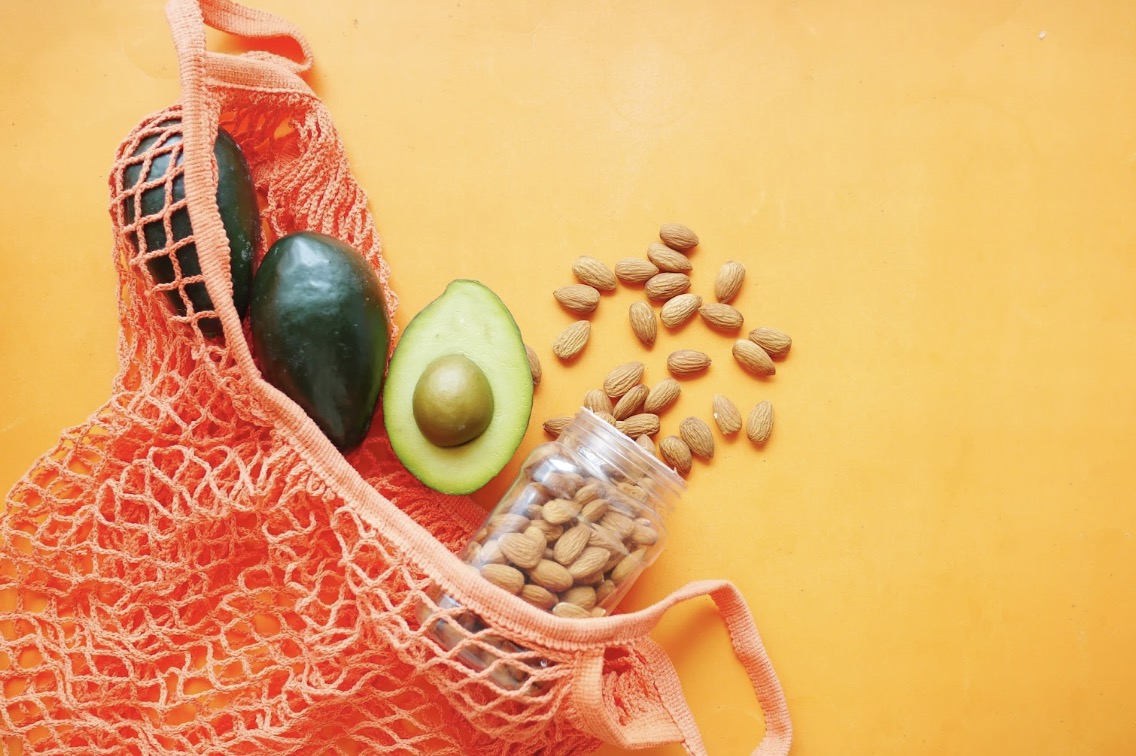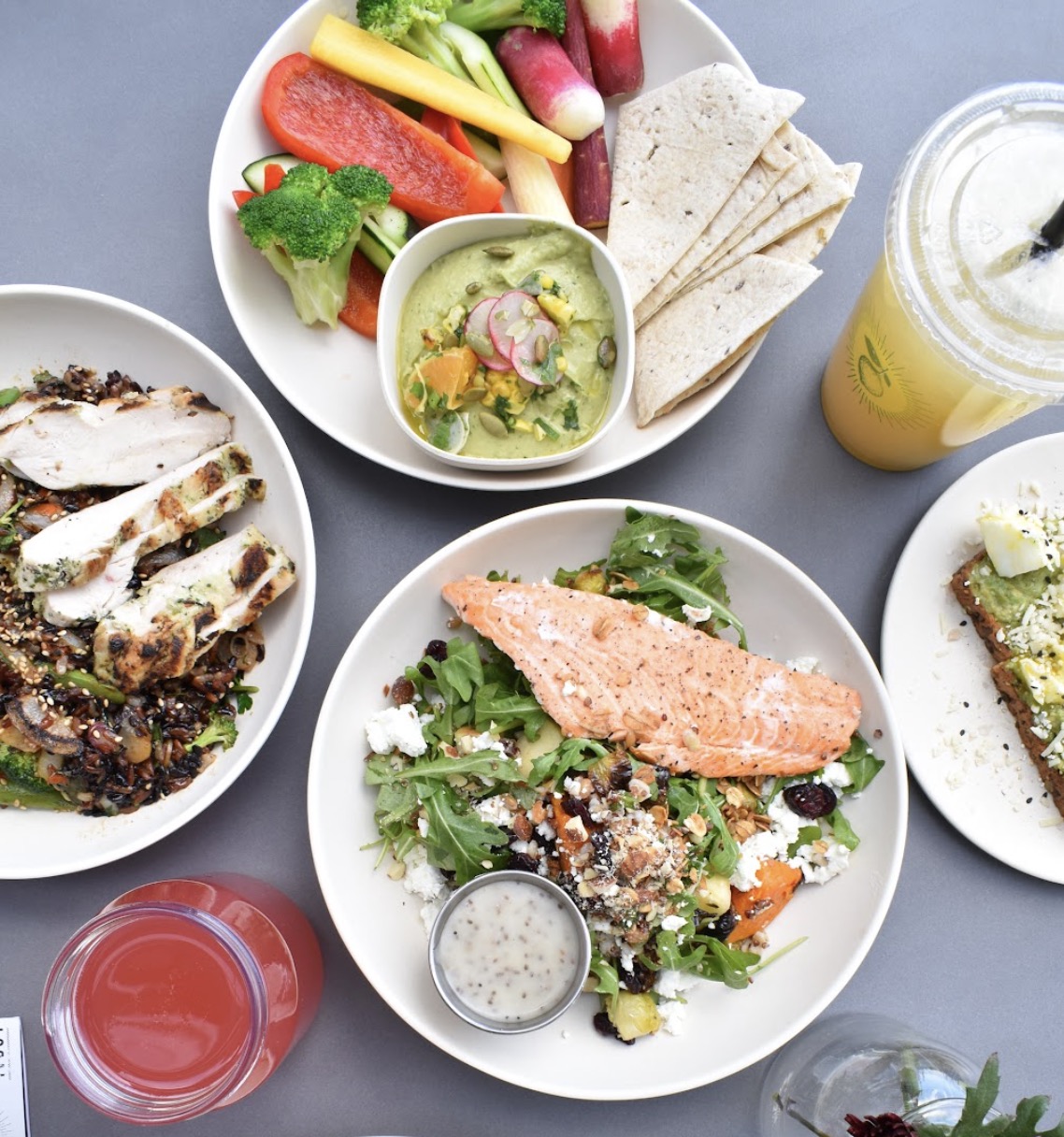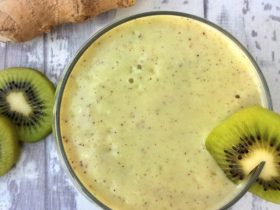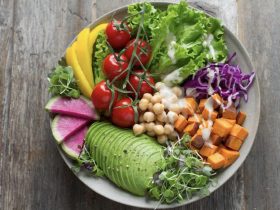It might be tough to figure out what genuinely works for your fitness and health objectives in the always-changing world of nutrition and dieting. The term “lean eating” has gained immense popularity in recent years, but what does it mean, and how can you incorporate it into your lifestyle? Lean eating isn’t just another fad; it’s a holistic approach to nutrition that focuses on promoting overall health and wellness. In this blog post, we will delve deep into the concept of lean eating, explore its key principles, and provide practical tips on how to follow this lifestyle successfully.
Reader's Roadmap
What Is Lean Eating?
Lean eating is a nutritional approach that centers around consuming nutrient-dense, whole foods while maintaining a balance of macronutrients, primarily protein, carbohydrates, and healthy fats. Unlike restrictive diets that often lead to deprivation and unsustainable weight loss, lean eating prioritizes health over quick fixes. If you are working out and trying to build lean muscle, a powerhouse diet is essential to achieving the lean physique you are looking for, as seen on the aleanlife.com website, for example. Let’s explore some of the key aspects of lean eating in more detail.
Balancing Macronutrients
One of the fundamental principles of lean eating is striking the right balance of macronutrients in your daily diet. This means getting an appropriate amount of protein, carbohydrates, and fats to support your individual needs. Protein is essential for muscle repair and growth, carbohydrates provide energy, and healthy fats are crucial for overall health. Finding the perfect balance for your body may require some experimentation, but it’s key to optimizing your nutrition and feeling your best.
Embracing Whole Foods
Whole foods, as the name suggests, are foods in their most natural and unprocessed state. Lean eating encourages the consumption of whole foods such as fruits, vegetables, lean proteins, and whole grains. These foods are rich in essential nutrients, fiber, and antioxidants, all of which contribute to better health and improved metabolism. Avoiding processed and overly refined foods is a cornerstone of lean eating.
Portion Control and Mindful Eating
Another vital component of lean eating is being mindful of your portion sizes. Overeating, even healthy foods, can lead to weight gain. Practicing portion control not only helps you manage your calorie intake but also trains your body to recognize its hunger and fullness cues. By paying attention to what you eat and how much you consume, you can prevent mindless snacking and overindulgence.
Staying Hydrated
Hydration plays a crucial role in any healthy eating plan, and lean eating is no exception. Water is essential for digestion, metabolism, and overall well-being. Adequate hydration can also help you distinguish between true hunger and thirst, reducing unnecessary calorie intake. Make a habit of drinking water throughout the day, and consider incorporating herbal teas or infused water for variety.
The Importance of Regular Exercise
Lean eating is not just about what you put into your body; it’s also about how you move it. Regular exercise is an integral part of this lifestyle. Combining lean eating with a consistent workout routine can help you build and maintain lean muscle, boost your metabolism, and improve your overall fitness. Find an exercise regimen that you enjoy, whether it’s strength training, cardio, yoga, or a combination of these, and make it a regular part of your life.
Incorporating Complex Carbohydrates
Carbohydrates are often misunderstood, with some people fearing them due to misconceptions about weight gain. In reality, complex carbohydrates like whole grains, brown rice, quinoa, and sweet potatoes are essential for providing your body with sustained energy. They also contain fiber, which aids in digestion and helps you feel full longer. When you incorporate complex carbs into your meals, you maintain balanced energy levels throughout the day.
Including Healthy Fats in Your Diet

Healthy fats are a crucial part of lean eating, as they support various bodily functions and contribute to satiety. Sources of healthy fats include avocados, nuts, seeds, and olive oil. While fats are calorie-dense, they are an essential part of a balanced diet when consumed in moderation. Remember, it’s not about avoiding fats but choosing the right kinds to support your overall well-being.
By balancing macronutrients, embracing whole foods, practicing portion control, and staying active, you can achieve your fitness goals while promoting overall well-being. So, take the first step towards a healthier you by incorporating the principles of lean eating into your daily life. Your body will thank you for it, and your journey to better health and fitness will be well worth it.







Leave a Reply
View Comments